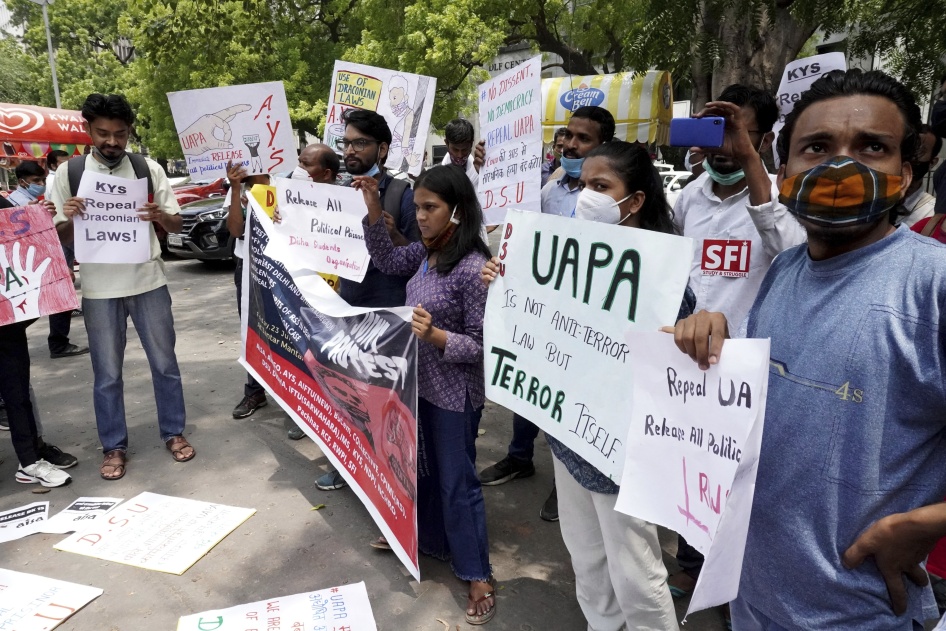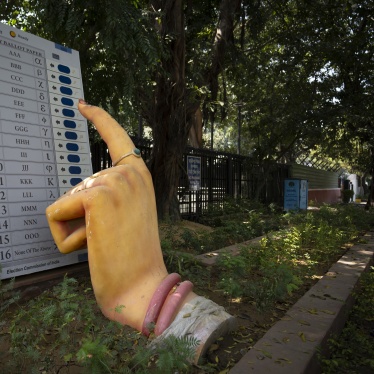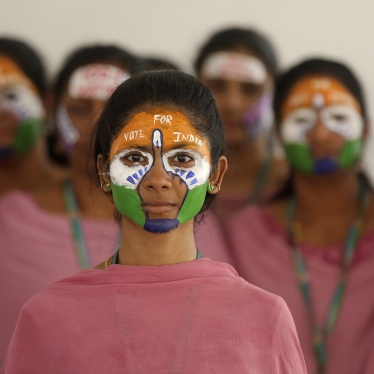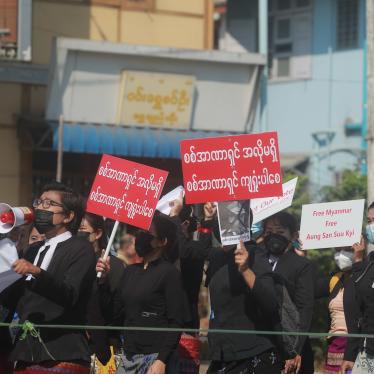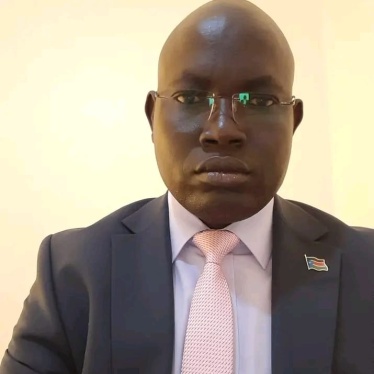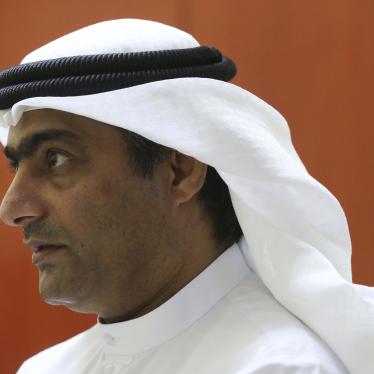India’s Supreme Court on Friday granted bail to the activist Shoma Sen nearly six years after she was arrested in 2018 on politically motivated allegations of supporting a Maoist insurgency.
“We do not find prima facie commission or attempt to commit any terrorist act,” the judge said.
Sen is among 16 activists, lawyers, and academics arrested in relation to violence that broke out in Bhima Koregaon village in Maharashtra state in January 2018. One of them, the 84-year-old tribal rights activist Stan Swamy, died in detention in 2021.
They were held under the Unlawful Activities Prevention Act, the country’s counterterrorism law. Only five others have received bail, but the courts have repeatedly questioned the evidence against them. In the case of activist Anand Teltumbde, the Bombay High Court said in November 2022 that there was not enough evidence to conclude he had committed a terrorist act. The Supreme Court in July 2023 granted bail to activists Arun Ferreira and Vernon Gonsalves, saying the evidence did not support the case against them. While the trial has yet to begin, there are multiple reports that malware was used to plant false evidence on the laptops of Swamy and at least two other co-defendants.
In another particularly egregious case, the Bombay High Court in March acquitted academic GN Saibaba and five others who had been jailed since 2014 under the counterterrorism law for alleged links with banned Maoist organizations. Saibaba, who had polio and uses a wheelchair, alleged he was subjected to “inhumane treatment,” including being denied the use of his wheelchair in prison and refused proper medical care.
Indian authorities have also been accused of bias in investigations involving arrests of activists in cases related to the February 2020 violence in Delhi following peaceful protests against discriminatory citizenship policies. Police arrested 20 student leaders and activists, most of them Muslim, under the counterterrorism law. Six have been granted bail by various courts, which noted that the police failed to produce any evidence. In some cases, judges called the police investigations “shoddy” or “callous.”
Indian authorities should immediately drop the charges against these activists, stop the harassment and wrongful arrests of rights defenders, and amend the abusive counterterrorism law to bring it in line with international legal standards.

